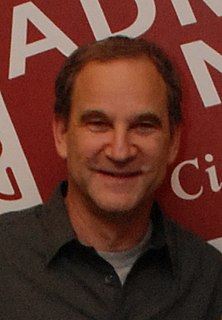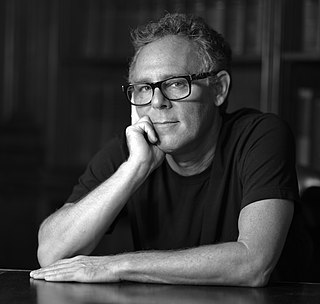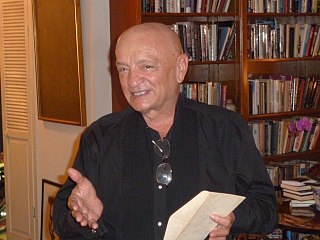A Quote by L. Tom Perry
Enduring to the end is definitely not a do-it-yourself project.
Quote Topics
Related Quotes
To think of enduring to the end as ‘hanging in there,’ doing one’s duty relentlessly, is not inaccurate. Yet enduring to the end is more than outlasting and surviving, though it includes those qualities. We are called upon, as was the Prophet Joseph, to ‘endure it well,’ gracefully, not grudgingly. (D&C 121:8.) We are also told that we must ‘endure in faith.’ (D&C 101:35.) These dimensions of enduring are important to note. Likewise, we are asked to endure ‘valiantly.’ (D&C 121:29.)
I would say the producer is the person who is there from the beginning to the end of the project. Either the person who creates, generates, or discovers the project, the person who performs many of the functions that are necessary to getting that project to the point where it is financed and then where it is in production, finished, marketed and released.
You know, when you see yourself on a big screen, I tend to watch from behind my hands. There is absolutely the regret. You always get that at the end of every project. That's what's great about theater: at least every night you get the chance to go out and re-offend. I'm endlessly disappointed, which is what propels me into the next project, probably, not to repair the damage but to kind of hopefully keep developing. Otherwise there's no reason to keep doing it, is there?
There is always something that you will take away from each project. There definitely has to be something that you have said yes to in the first place. In some projects, it's the freedom to express yourself more; in some, it's a bigger sense of camaraderie, and somewhere, it's the money that is great.
You must stop editing--or you'll never finish anything. Begin with a time-management decision that indicates when the editing is to be finished: the deadline from which you construct your revisionary agenda. Ask yourself, 'How much editing time is this project worth?' Then allow yourself that time. If it's a 1,000-word newspaper article, it's worth editing for an hour or two. Allow yourself no more. Do all the editing you want, but decide that the article will go out at the end of the allotted time, in the form it then possesses.
I see the Beijing National Stadium as an architectural project. I accepted Herzog and De Meuron's invitation to collaborate on the design, and our proposal won the competition. From beginning to end, I stayed with the project. I am committed to fostering relationships between a city and its architecture.
Patience is not passive resignation, nor is it failing to act because of our fears. Patience means active waiting and enduring. It means staying with something and doing all that we can - working, hoping, and exercising faith; bearing hardship with fortitude, even when the desires of our hearts are delayed. Patience is not simply enduring; it is enduring well!

































